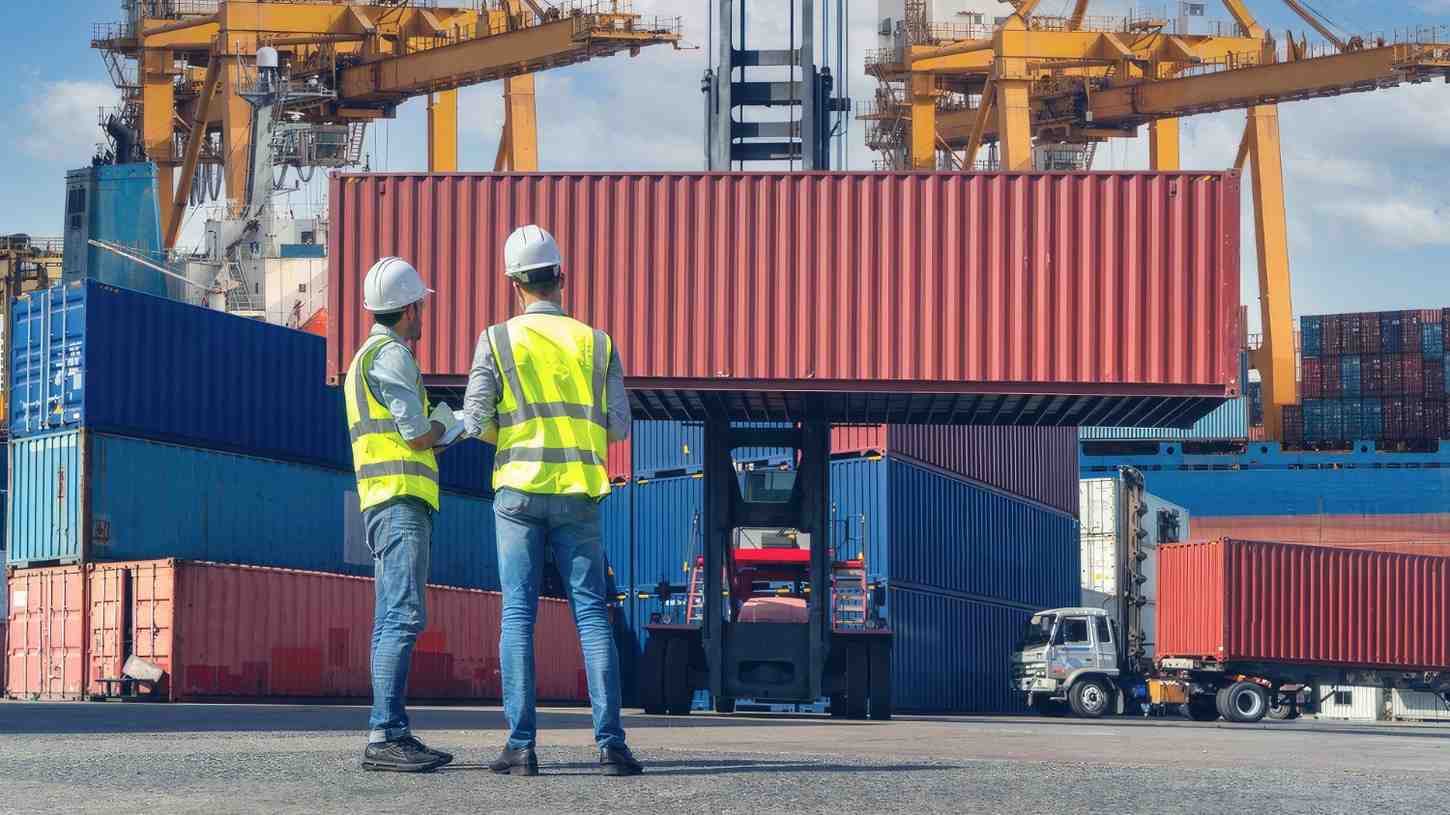
Logistics is the backbone of global commerce. Yet, many logistics systems continue to rely heavily on manpower. This over-reliance on manpower in logistics creates significant environmental and operational challenges. Companies like Wahyd are proving that leveraging AI can tackle these issues effectively. Let’s explore the hidden costs of over-reliance on manpower in logistics and how technology is shaping a smarter future.
The Hidden Costs of Over-Reliance on Manpower in Logistics
Environmental Impact
Heavy reliance on manpower often leads to inefficiencies like empty miles. These are instances where trucks travel without cargo. Not only does this increase operational costs, but it also contributes to excessive carbon emissions. According to industry estimates, empty miles account for up to 40% of trucking routes globally. This inefficiency wastes fuel and intensifies the environmental burden.
Operational Inefficiencies
Manual processes in logistics frequently cause bottlenecks. From scheduling to tracking shipments, human errors and delays are common. This inefficiency leads to higher costs and slows the supply chain. For instance:
- Manpower shortages during peak seasons create delays.
- Manual booking systems result in frequent miscommunications.
- Limited scalability restricts growth, leaving businesses unable to meet increasing demands.
These operational inefficiencies also affect the bottom line. Businesses face higher freight charges, which are often passed down to customers, reducing competitiveness in the market.
Manual Processes Causing Bottlenecks in Logistics
The Role of Manual Processes
In traditional logistics systems, everything from order management to route optimization relies on human intervention. This approach might work on a small scale, but it becomes unsustainable as businesses grow. Manual processes:
- Slow down operations by requiring constant supervision.
- Are prone to errors, leading to lost or mismanaged shipments.
- Create dependencies on skilled manpower, which may not always be available.
Example: Bottlenecks in Freight Matching
A common issue is the manual matching of shipments to transporters. Brokers or operators must spend hours coordinating routes, vehicle types, and availability. This delays shipments and often leads to trucks returning empty. These inefficiencies ripple through the entire supply chain, increasing costs and emissions.
How AI Addresses Over-Reliance on Manpower in Logistics
AI as the Game Changer
AI-powered solutions can eliminate many of the inefficiencies caused by manpower dependence. Wahyd’s AI-driven logistics platform automates critical operations like freight matching, route optimization, and real-time tracking. This ensures faster, more efficient processes without the need for excessive human intervention.
Reducing Empty Miles with AI
One of the standout features of Wahyd’s platform is its ability to reduce empty miles. By matching shipments with available transporters on return trips, AI optimizes routes to ensure every trip is productive. This not only cuts costs but also lowers carbon emissions significantly.
Enhancing Scalability with Wahyd’s AI
AI allows businesses to scale without the constraints of human resources. Wahyd’s platform supports:
- Automated booking systems for faster processing.
- Real-time tracking to ensure transparency.
- Data-driven decisions that improve efficiency over time.
By minimizing human involvement, businesses can expand into new markets without the need for additional manpower.
Wahyd’s Role in Overcoming Over-Reliance on Manpower in Logistics
Wahyd is at the forefront of addressing the issues of over-reliance on manpower in logistics. Here’s how:
Streamlined Booking and Operations
With Wahyd’s intuitive platform, shippers can easily book and manage shipments. The app’s user-friendly interface ensures that all essential details are captured, reducing errors and delays.
AI-Powered Freight Matching by Wahyd
Wahyd’s system uses AI to match shipments with the most suitable transporters. This minimizes empty miles and ensures optimal use of resources. The result? Lower costs, faster deliveries, and a smaller carbon footprint.
Real-Time Tracking and Insights
The platform provides real-time updates on shipments, giving shippers complete visibility. This transparency reduces miscommunications and builds trust between stakeholders.
Supporting Sustainability Goals
By reducing empty miles and automating processes, Wahyd contributes to a greener logistics ecosystem. Businesses can meet their ESG (Environmental, Social, and Governance) targets more effectively.
Real-World Impact: Success Stories with Wahyd’s Logistics Platform
A Shipper’s Perspective
Consider a shipper who previously relied on brokers to manage freight. Manual processes often lead to delays and higher costs. After switching to Wahyd, the shipper experienced:
- 30% reduction in logistics costs.
- Faster delivery times due to optimized routes.
- Improved customer satisfaction, thanks to real-time tracking.
A Transporter’s Experience
Transporters also benefit significantly. By eliminating empty miles, they achieve higher profitability and reduce fuel consumption. Wahyd’s platform ensures that every trip is maximized for efficiency.
The Future of Logistics with AI
Global Scalability Through AI
AI-driven platforms like Wahyd’s enable businesses to scale operations seamlessly. With a presence in multiple regions and plans for global expansion, Wahyd is setting a new standard for logistics efficiency.
Reduced Costs, Increased Profitability with Automation

By automating critical processes, businesses save on manpower costs while improving operational efficiency. This creates a win-win scenario for shippers, transporters, and the environment.
Driving Sustainability in Logistics
AI not only improves efficiency but also supports sustainable practices. By reducing waste and emissions, Wahyd helps businesses align with global sustainability goals.
Conclusion: A Smarter, Greener Future in Logistics
The over-reliance on manpower in logistics is no longer sustainable. It leads to inefficiencies, higher costs, and environmental harm. However, with AI-powered solutions like Wahyd, businesses can overcome these challenges. By automating processes, reducing empty miles, and supporting scalability, Wahyd is driving the logistics industry toward a smarter, greener future.
Embrace the change today. With Wahyd, transform your logistics operations into a model of efficiency and sustainability. Together, let’s make every mile count.






